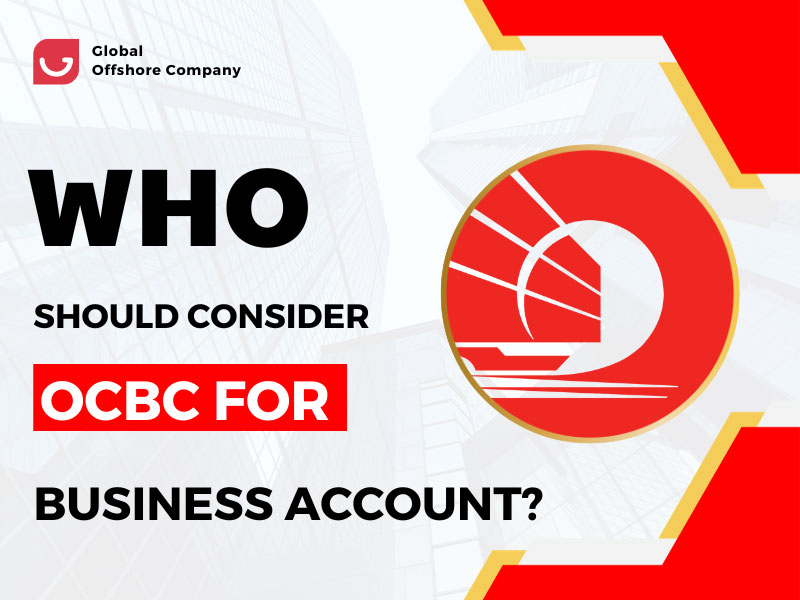A Full Breakdown of Factors to Consider When Choosing a Digital Bank
In the ever-evolving landscape of banking, digital banks have emerged as a convenient and innovative alternative to traditional brick-and-mortar institutions. These online-only banks offer a host of advantages, such as accessibility, lower fees, and cutting-edge technology. However, before you jump on the digital banking bandwagon, it's essential to consider several critical factors to ensure you make the right choice for your financial needs. In this guide, we'll explore 10 essential considerations before selecting a digital bank.
1. FDIC or Equivalent Insurance
Safety and security should be your top priority when choosing a digital bank. Verify that the bank is a member of the Federal Deposit Insurance Corporation (FDIC) in the United States or the equivalent deposit insurance program in your country. This ensures that your deposits are protected up to a specified limit in case the bank faces financial trouble.
2. Fees and Charges
Digital banks often market themselves as fee-free alternatives, but it's crucial to read the fine print. Some may have hidden fees or limitations, such as ATM withdrawal charges, account maintenance fees, or transfer fees. Ensure you understand the fee structure to avoid unexpected costs.
3. Accessibility and Convenience
The main advantage of digital banks is their accessibility. Check the availability of mobile apps, online account management, and user-friendly interfaces. The ease of accessing your accounts and managing your finances should be a primary consideration.
4. ATM Access
Consider the availability of ATMs and whether the digital bank provides fee-free ATM access. If not, examine the bank's ATM network to ensure that you have convenient and cost-effective access to your cash when needed.
5. Customer Support
Even though digital banks operate online, customer support remains crucial. Verify the availability of customer service options, such as phone support, email, or live chat. Assess their responsiveness and the quality of service they offer.

6. Mobile App Ratings and Reviews
Take time to research the mobile app of the digital bank you're considering. Read reviews and check ratings on app stores to gauge the overall user experience. A well-designed and functional mobile app is essential for day-to-day banking operations.
7. Interest Rates
Interest rates for savings and checking accounts can vary widely between digital banks. Compare the rates offered to ensure your money can grow at a competitive pace. Don't forget to inquire about minimum balance requirements and whether the rates are subject to change.
8. Account Options
Different digital banks offer various account types to suit different financial needs. Whether you require a simple checking account, a high-yield savings account, or a certificate of deposit (CD), ensure that the bank provides the account options you need.
9. Mobile Check Deposits
Consider the ease and convenience of depositing checks via mobile app. Many digital banks offer this feature, which can save you time and trips to physical bank branches.
10. Online Bill Payment and Transfers
Online bill payment and fund transfers are standard features for digital banks. However, it's essential to ensure that these functions are user-friendly and reliable, as they are integral to everyday financial activities.

Additional Considerations:
11. Direct Deposit Capabilities
If you rely on direct deposit for your income, confirm that the digital bank supports this feature. Verify the process for setting up and managing direct deposits.
12. Budgeting and Financial Tools
Some digital banks offer built-in budgeting and financial management tools. Evaluate whether these features align with your financial planning needs.
13. International Transactions
If you frequently make international transactions, confirm that the digital bank supports international wire transfers and foreign currency transactions. Consider the fees associated with these services.
14. Security Protocols
Digital banks must implement robust security measures to protect your sensitive financial information. Verify that the bank employs encryption, multi-factor authentication, and other security protocols to safeguard your data.

15. Technology Partnerships
Some digital banks partner with technology companies to offer additional services, such as investment or insurance products. Understand what partnerships the bank has and whether these services interest you.
16. Regulatory Compliance
Ensure that the digital bank is regulated by the appropriate financial authority in your country. Compliance with financial regulations is a crucial aspect of trustworthiness.
17. Account Closure Policies
Although you may be excited about opening an account, it's also wise to consider the account closure policies. Understanding the process for closing your account can save you time and frustration down the road.
In Conclusion:
Choosing a digital bank can significantly streamline your financial management, but it's essential to make an informed decision. Consider the safety and security of your funds, the convenience of access, fees and charges, and the range of services offered. Conduct thorough research, read reviews, and compare digital banks to find the one that best suits your unique financial needs and goals. Digital banking can be a game-changer in modern finance, providing you with greater flexibility and control over your money. By considering the factors mentioned above, you can confidently select a digital bank that aligns with your preferences and priorities.
Have you chosen the right digital bank for your business yet ?
We hope that this can help you somewhat with your decision. Choosing digital banking is just the beginning of the whole process. Even if you have chosen your favorite digital bank, being accepted to open a bank account is uncertain. For your precious time saving, please contact our best dedicated expertise team, for the fastest and optimal choice.

Disclaimer: While Global Offshore Company (G.O.C) endeavors to provide timely and accurate information on this website, the content is intended for reference purposes only. The information presented in this article should not be considered a replacement for qualified legal advice. For personalized guidance on your specific circumstances, we encourage you to reach out to G.O.C's experienced consultants.

.png)









